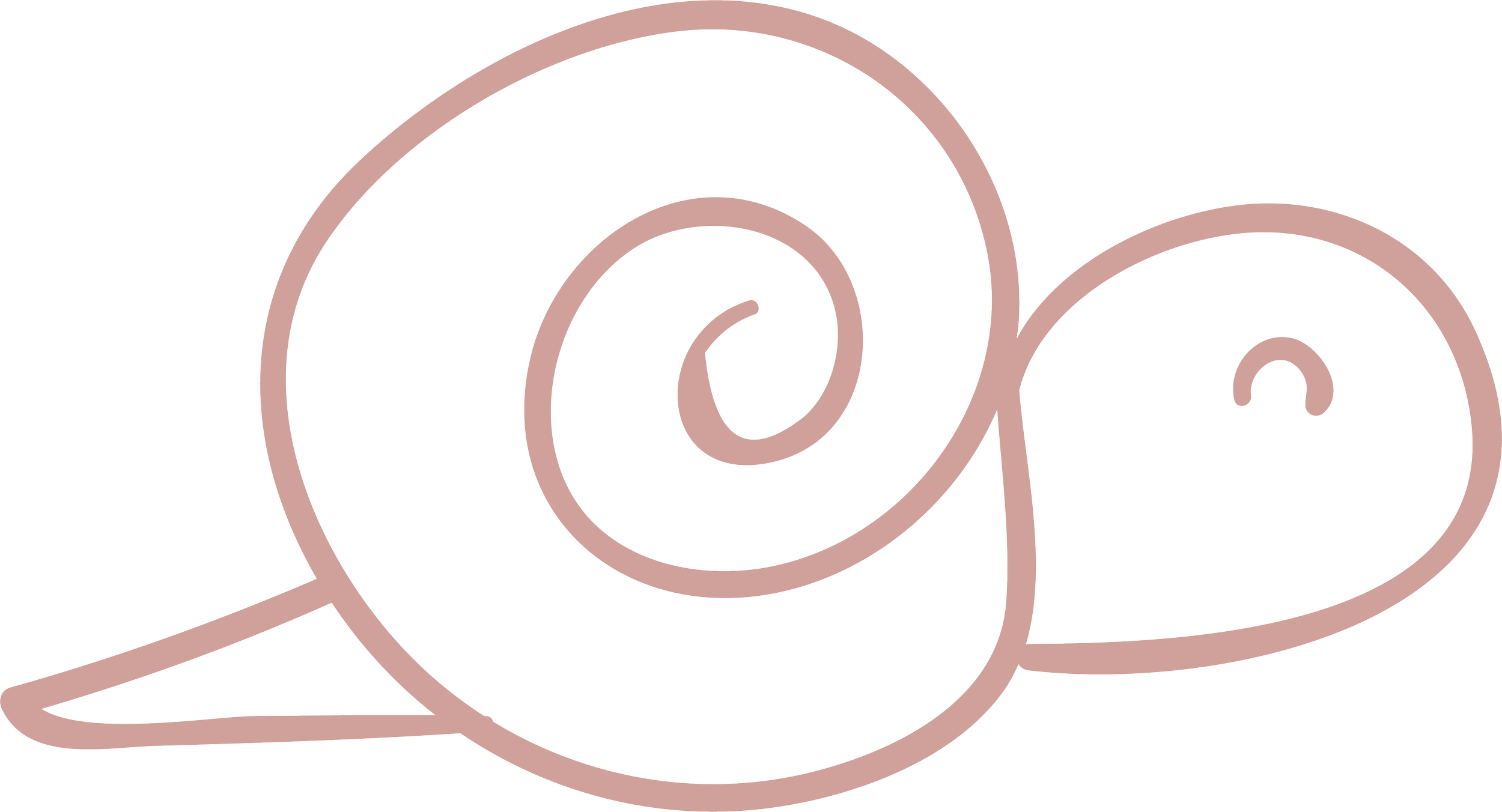
Occupational Therapy
COMING SOON!
What Is Occupational Therapy?
Feeding difficulties are relatively common during childhood. Pediatric feeding disorder (PFD) is impaired oral intake that is not age-appropriate and is associated with medical, nutritional, feeding skill, and/or psychosocial dysfunction.
Types of Feeding Therapy Include:
Sensory Deficits:
Overstuffing
Poor Food Tolerance and/or Food Avoidance
Aversion to Specific Textures, Temperatures, and/or Smells
Tactile Deficits
Oral Motor Deficits:
Poor Lingual Lateralization
Immature Chewing Pattern
Pocketing Food Items in Cheeks
Post-Swallow Residue
Behavioral:
Throwing Food
Crying or Screaming at Mealtime
Stealing Food from Others
Refusal to Eat
How We Can Help.
Personalized One-on-One Therapy Sessions
We recognize the vital role each therapy session plays in your child's progress and development. That’s why we exclusively offer private 1-on-1 sessions that are tailored to the needs of your child. This approach ensures that each child receives our undivided attention with personalized lesson plans that maximize their opportunity for growth and improvement.
Choose from Multiple Location Options
Our speech-language pathologists take appointments in a variety of locations, allowing parents to choose a setting that is most conducive to their child’s learning style. Location options include in-house clinic appointments, home visits, daycare visits, and availability at the schools and hospitals we hold exclusive contracts with.
Ongoing Care and Support Up to 18 Years Old
While many children successfully overcome speech and feeding challenges, some require routine support throughout their grade school years to enhance their skills. If you believe your child would benefit from regular attention, we can establish a custom schedule and frequency of sessions that ensure your child continues to improve and their progress stays on track.
Early Signs of
Feeding Difficulties
Feeding difficulties are relatively common during childhood. At Greater Good Therapy, your child will participate in a comprehensive evaluation to determine if feeding therapy is recommended. Upon completion, a speech pathologist will create an individualized plan of care to address difficulties and concerns.
-
Your child has difficulty chewing or swallowing their food and/or you find that your child often has food residue post-swallow.
-
Your child spits up or throws up a lot when eating or drinking.
-
Your child refuses to eat or drink. Your child refuses food groups with a specific texture, smell, or even temperature.
-
Your child has difficulty transitioning from bottles to purees and solid foods.
-
Your child is not gaining weight or growing.
-
Your baby has trouble breathing while eating or drinking.
Do you have questions we haven’t answered yet?
As a parent, we understand you have questions. “Will my child be seen 1-on-1? Are house visits an option? What about daycare visits?
Is your child a neurodivergent learner?
Neurodiverse children experience life differently. Learn how to recognize and support the struggles and the superpowers of a neurodiverse child.
Are you looking for a local therapist?
Our speech pathologists are specialized in identifying children with speech and feeding disorders. Connect with an expert today.






